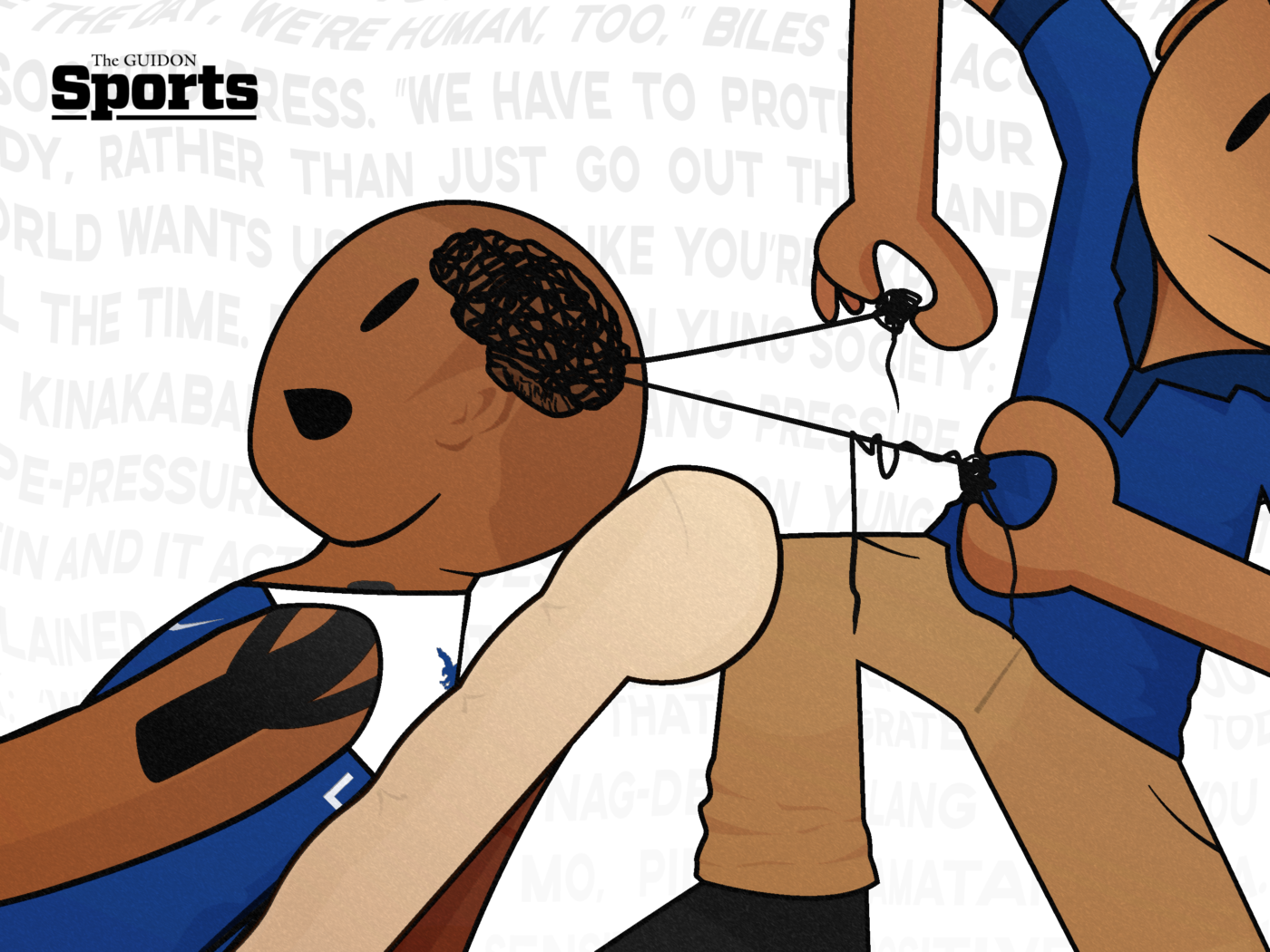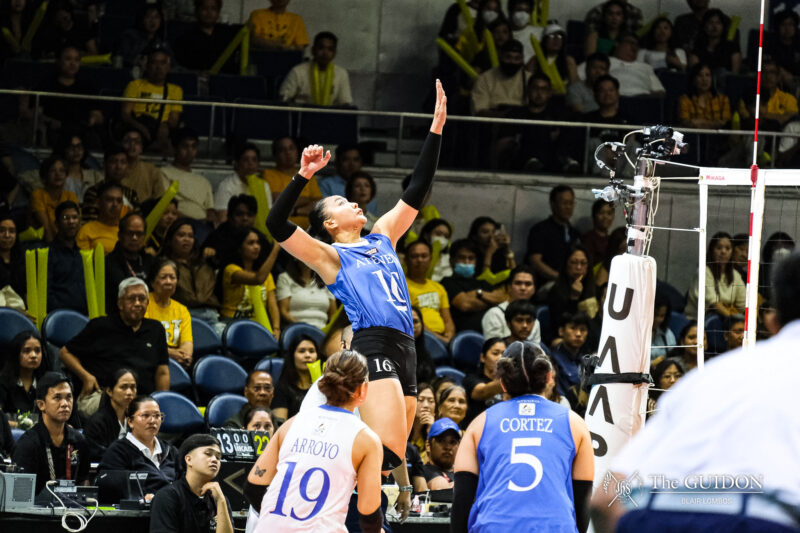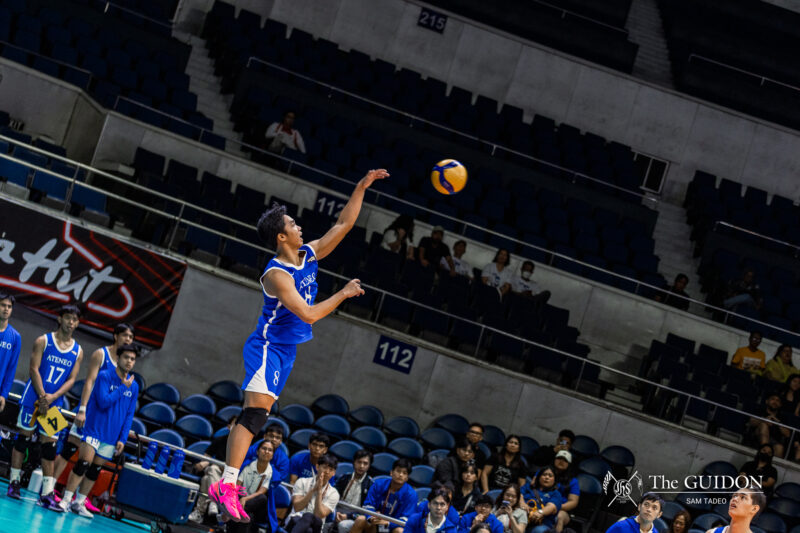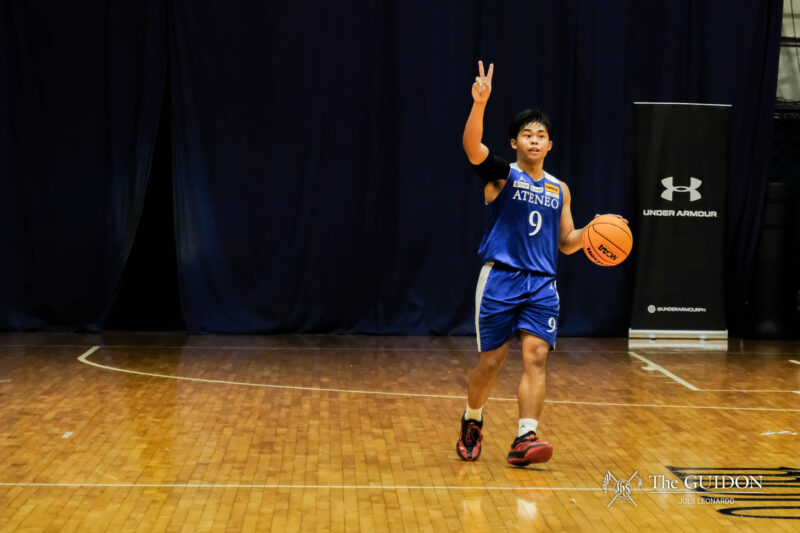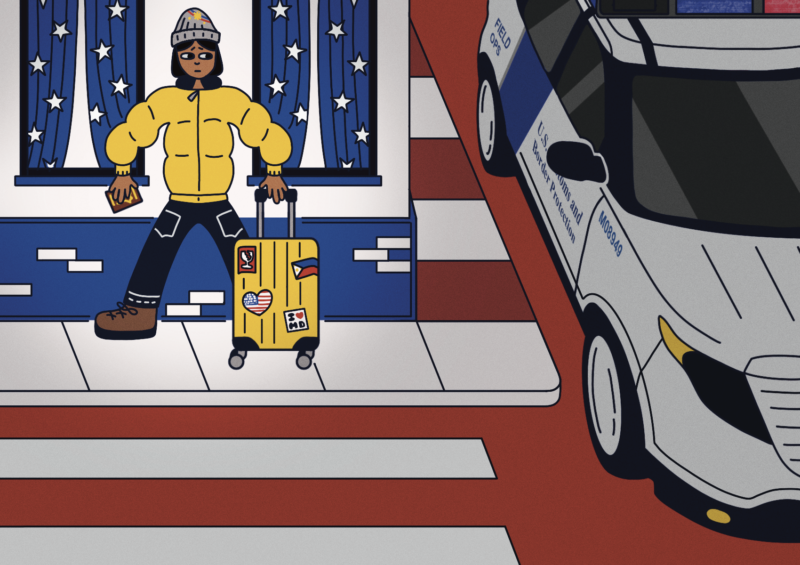ALTHOUGH ATHLETES are known for their prowess and unassailability, many forget that they too face inner battles.
While more notable athletes share their struggles with depression and anxiety, mental health still remains a taboo in the world of sports. The stigmatic veil in tackling mental health results from the notion that an athlete must possess physical and mental rigidity. This reinforces the idea that one should just “tough it out” rather than address such matters.
The lack of receptivity towards mental health means athletes remain reluctant to convey their issues—a nuanced experience that exists in Ateneo’s sports programs. To be more receptive to these issues, the University must shift the sports culture by forming mental health discourse and programs in its teams, creating conducive environments for athletes to holistically thrive.
More than just the blues
Athletes are susceptible to mental health disorders as they are deliberately exposed to physical and psychosocial stressors from the media, the public, and the pressure to fulfill desired demands. As every move is magnified in sports, there is added pressure on an athlete to perform well, thus an athlete’s mental state is “intrinsically tied” to their accomplishments.
Another contributing factor is the COVID-19 pandemic, which posed mental health issues due to the lack of competition and physical training. Studies show that 33% of collegiate student-athletes have symptoms of mental health conditions. In 2021, reported cases show that 30% of female and 25% of male student-athletes experience anxiety. Athletes with anxiety and depression experience deterrent effects on their performance and well-being: Chronic stress, eating disorders, and burnout.
Despite the apparent influence of mental health on an athlete’s life, sports culture remains hostile regarding this subject. As the stigma on anxiety and depression in the sports scene stems from the culture of being mentally strong—depicting vulnerability as weak—only 10% of collegiate student-athletes ask for professional assistance.
Ultimately, the negative connotation associated with seeking help hinders athletes from voicing their concerns to professionals.
This gray matter
The hesitance in addressing mental health is no stranger to Ateneo sports. Since mental health continues to be a taboo in the University’s sports culture, many athletes inch along the narrow space for discourse.
One challenge athletes struggle with is the expectation to fulfill their coaches’ demands of honing physical and mental toughness on and off the court, hindering them from engaging in discourse. “My coach expects us to be strong, so we don’t open up to her,” voiced Athlete X.*
Likewise, the reinforced rigidity unwittingly influences the team’s culture on mental health. Without room for vulnerability, athletes find it difficult to open up to their teammates and ultimately choose to tough it out.
Furthermore, members of the Blue and White grapple with the fear of being shamed or treated differently for conveying their mental health issues. For instance, some athletes choose not to address their inner battles as doing so may affect their position in the team regardless of athletic performance.
“Being in the line-up is at stake because you’re [seen] as weak. It’s thought [that] if you struggle with mental health, then why bother when there’s someone [with a] better state of mind? That’s why I’m scared to open up,” shared Athlete Y.*
Although some sports in the Ateneo seem to harbor a culture of taboo regarding mental health, other athletic personnel and teams are more conducive to it. Former Ateneo Men’s Basketball Team (AMBT) Captain Isaac Go (BS MAC, ‘19) contends that the team honed a culture of empathy as it put a premium on the matter. He explained that when players came forward, the team would welcome vulnerability and provide a pillar of support rather than pry on their issues. “We didn’t want to label them. We [gave] support, ” shared Go.
As per a current AMBT member,* the receptive culture within the team has carried on amid the pandemic.
Meanwhile, Ateneo Women’s Volleyball Team (AWVT) alumni Maddie Madayag (AB IS, ‘19) shared that the team cultivated a safe space for discourse. The AWVT sought help from their coaches and managers without prejudice, as the staff accepted the salience of mental welfare. Because the staff emphasized the varying emotional thresholds per member, the team also knew how to ascertain such issues. “Our coaches taught us how to address [mental health], because kanya-kanyang pinagdadaanan, kanya-kanyang way of taking things in (Everyone has different experiences and different ways of taking things in), ” shared Madayag.
While some teams have created channels for conveying mental health issues, more can be done to address these nuances. Altering the stigmatic culture on mental health can form holistic programs that foster conducive environments for all Ateneo sports teams.
Shifting the culture
Men’s Football Team Coach JP Merida shared that a sports psychologist provided by the Office of College Athletics (OCA) helped the team with mental health back in 2011, but the initiative was halted due to a lack of funds. To address the mental health of athletes amid the pandemic, the Loyola Schools Office of Guidance and Counseling (LSOGC) started forums to determine the student-athletes’ needs last October. The LSOGC is also closely working with the OCA to establish counseling programs addressing specific mental health concerns of the 527 Atenean student-athletes.
Despite the valiant efforts made by the LSOGC and OCA to better handle the mental health concerns of student-athletes, it is not just the sole responsibility of the University to handle these issues. Athletic personnel must also address their athletes’ problems through discourse—if teams want a more progressive environment, they must first alter conversational culture.
Coaches must also push for inclusive activities promoting the management of mental health issues by building an open atmosphere between athletes and staff. Addressing mental health concerns should be done on a case-to-case basis, where the discussion is ascertained individually to allow for conducive dialogue.
While some athletic staff may overlook receptiveness towards mental health, athletes need to talk about their underlying conditions—voicing out one’s woes is crucial in detaching the stigma.
Embracing the blue and gray
Various nuances exist in Ateneo sports programs vis-a-vis mental health. Although there have been efforts to address the struggles of athletes, the taboo on mental health still permeates the Ateneo sports culture.
In the end, athletes need a pillar of support to face their inner battles. While athletes are known for their admirable strength, one must realize that they are susceptible to psycho-emotional struggles. “Sports are mental just as they are physical. When we see athletes, we think they’re invincible. But they’re just as human as [everyone else],” voiced Go.
If the Ateneo sports program is to form an environment of excellence, its athletic culture must empower its members to give importance to mental health—piercing the stigmatic veil and embracing the blue and gray.
*Editors’ note: The athletes’ names were withheld upon their request for anonymity.

